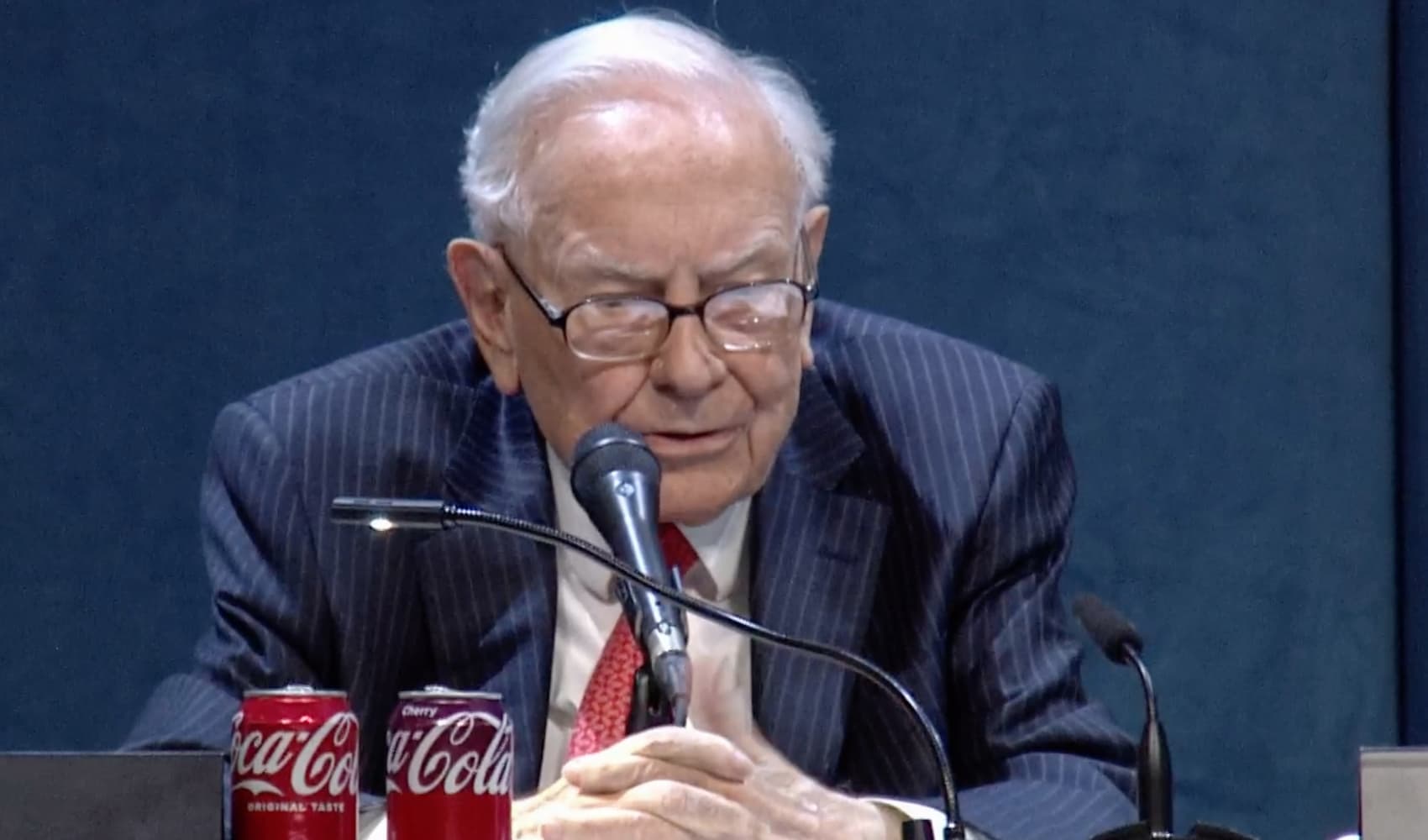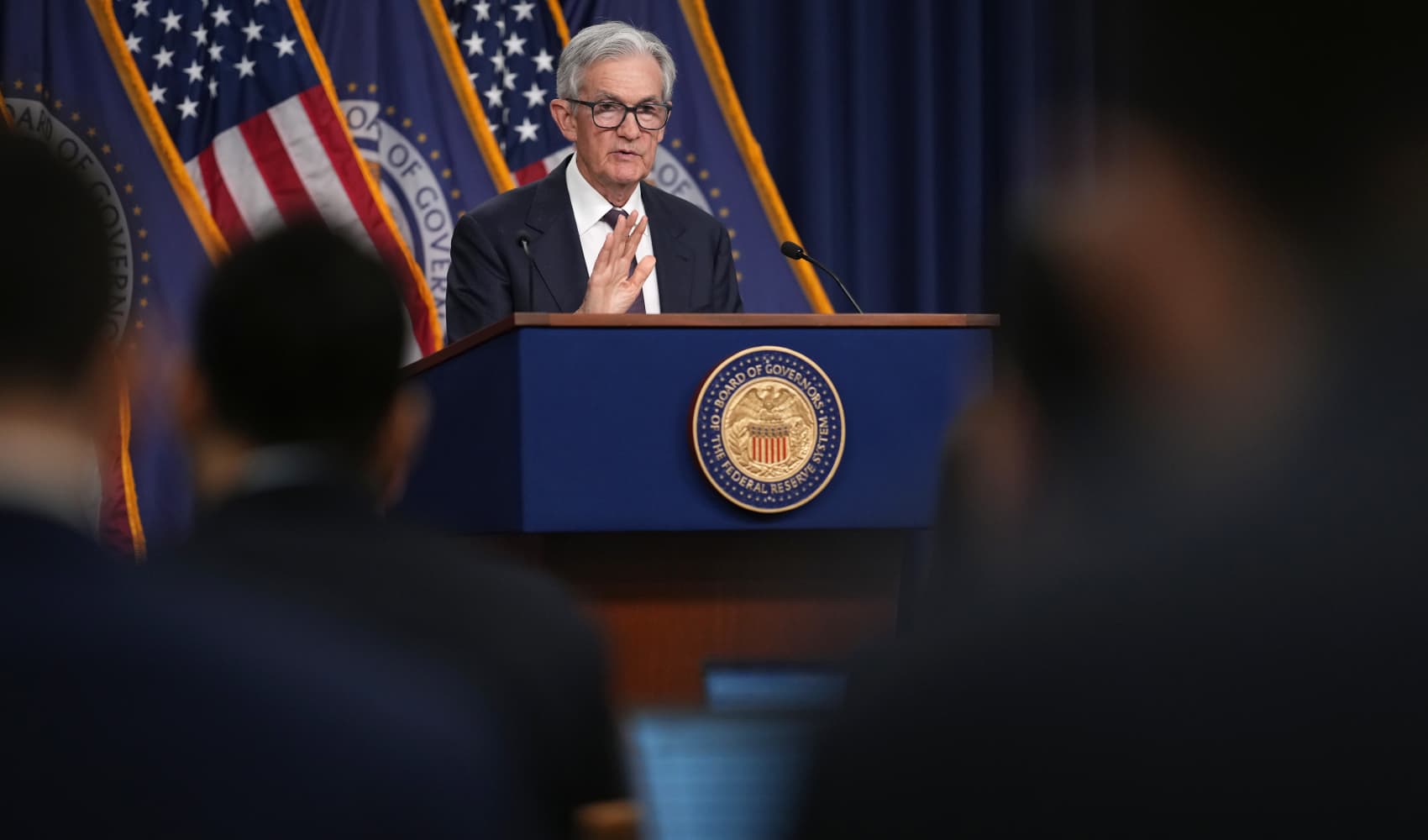European Stocks Surge: FTSE 100 Hits 5-Year High!
European Stocks Soar: FTSE 100 Achieves Longest Winning Streak in Years!
Introduction: Riding the Wave of Optimism in European Markets
Get ready for some good news, investors! European markets are buzzing with positive energy, closing higher on Monday as traders gear up for a week packed with crucial earnings reports and economic data from both sides of the Atlantic. The mood is cautiously optimistic, a feeling akin to stepping out into sunshine after a long spell of rain. But what's driving this bullish sentiment, and how long can it last? Let's dive in and explore what's happening across the major European indices.
The Stoxx 600: A Broad-Based Rally
Overall Performance
The pan-European Stoxx 600 index provisionally ended the day up by a solid 0.5%. This isn't just a blip; it reflects a growing confidence in the overall health of the European economy. This positive movement indicates widespread gains across various sectors, suggesting a relatively robust and balanced market.
Sector Spotlight: Travel and Banking Lead the Charge
Two sectors, in particular, stood out: travel and banking. Could this be a sign that people are ready to spend their savings and travel? Or is it that the banking sector's performance is finally catching up with the rest of the market? These sectors' leading positions indicate potential underlying strengths and growth opportunities within the European economy.
FTSE 100: A Record-Breaking Run
Consecutive Gains: A Rare Feat
The UK's FTSE 100 managed a modest gain of 0.02%, but the real story lies in its remarkable winning streak. Eleven consecutive days of gains! That's the longest stretch since late 2019 – before the pandemic changed everything. Is this a turning point? Time will tell, but it's certainly a reason for optimism. This extended period of positive performance may be indicative of underlying strength in the UK economy or positive sentiment toward the country's major listed companies.
What's Fueling the FTSE 100's Rise?
Several factors could be at play here. Strong performance from global commodity prices, a weakening pound benefiting multinational companies listed on the FTSE, and improved investor confidence could all be contributing to this remarkable run. It's like a perfectly orchestrated symphony, with each element playing its part. This remarkable winning streak could also signify that the FTSE 100 is undervalued compared to its global peers.
Continental Counterparts: CAC 40 and DAX
France's CAC 40: Strong Performance
Across the Channel, France's CAC 40 rose by a healthy 0.5%. This performance reflects the strength of the French economy and the confidence investors have in French companies. A strong CAC 40 suggests a resilient and dynamic business environment in France.
Germany's DAX: A More Modest Gain
Germany's DAX, however, saw a more modest increase of 0.06%. While still positive, this comparatively smaller gain could be due to various factors, including concerns about the German manufacturing sector or specific company performance. However, a positive DAX is still a good DAX, indicating overall stability.
Key Corporate Developments: Dealmaking and Strategic Moves
Deliveroo Soars on DoorDash Offer
Shares of Deliveroo experienced a significant surge after a reported offer from DoorDash. This demonstrates the potential for consolidation and strategic partnerships within the rapidly evolving food delivery sector. Did anyone see that coming? The potential acquisition highlights the value and growth prospects within the European tech landscape.
Mediobanca's Takeover Bid for Banca Generali
In the financial sector, Mediobanca launched a substantial $7.2 billion takeover bid for Banca Generali. This move signals potential consolidation and ambitious growth strategies within the European banking industry. Expect to see more strategic activity in this space in the coming months.
Airbus Completes Spirit AeroSystems Acquisition
Airbus finalized its acquisition of Spirit AeroSystems assets, strengthening its position in the aerospace sector and ensuring greater control over its supply chain. This vertical integration can lead to increased efficiency and cost savings in the long run. It's all about control in today's global marketplace.
Traton Shares Rise Despite Sales Decline
Volkswagen's truck unit, Traton, saw its shares rise despite a reported sales decline. This seemingly counterintuitive movement could be due to positive investor sentiment regarding the company's long-term strategy or improved profitability margins. Market reactions aren't always as straightforward as you might think. This paradox underscores the importance of considering multiple factors when assessing a company's performance.
Earnings and Economic Data: The Week Ahead
This week is poised to be a pivotal one, with a barrage of earnings reports and crucial economic data releases scheduled in both Europe and the United States. These releases will likely dictate market sentiment and provide clues about the future direction of the economy.
What to Watch For: Key Indicators
Keep a close eye on inflation figures, interest rate decisions, and GDP growth data. These indicators will provide valuable insights into the overall health of the European and US economies. They act like a weather vane for the market, signaling potential shifts and turns.
Company Earnings: A Microscopic View
Pay attention to company earnings reports, as they will offer a detailed look at the performance of individual businesses across various sectors. This granular information can help you make informed investment decisions. It's like looking at the individual pieces of a jigsaw puzzle to understand the bigger picture.
The Big Picture: Factors Influencing the Market
Geopolitical Tensions
Geopolitical risks and uncertainties continue to loom large over the market. Any escalation of conflicts or unexpected political events could trigger market volatility. These external factors act as a constant undercurrent of uncertainty, influencing investor sentiment and market behavior.
Inflation and Interest Rates
Inflation remains a major concern for central banks around the world. Rising inflation could prompt further interest rate hikes, which could, in turn, dampen economic growth. Central banks are walking a tightrope, trying to balance price stability with sustainable growth. This situation is one that impacts all global markets, no matter how big or small.
Supply Chain Issues
While some supply chain bottlenecks have eased, challenges remain in certain sectors. Disruptions to supply chains can lead to increased costs and reduced production, impacting corporate profitability. Addressing these issues is crucial for sustained economic recovery.
Navigating the Market: Strategies for Investors
Diversification
Diversification is key to mitigating risk in volatile markets. Spread your investments across different asset classes, sectors, and geographic regions. Don't put all your eggs in one basket!
Long-Term Perspective
Maintain a long-term perspective and avoid making impulsive decisions based on short-term market fluctuations. Focus on the fundamentals of the companies you invest in. Think of investing as planting a tree; you need patience and time to see it grow.
Staying Informed
Stay informed about market trends, economic developments, and company news. Knowledge is power, and the more you know, the better equipped you'll be to make informed investment decisions. Continuous learning is essential for successful investing.
Conclusion: A Week of Opportunity and Caution
European markets are showing signs of strength, with the FTSE 100's remarkable winning streak grabbing headlines. However, investors should remain cautious, as a week filled with significant earnings reports and data releases could bring both opportunities and challenges. It's a time for optimism, but also for vigilance. Key takeaways: The Stoxx 600 is up, the FTSE 100 is on a record run, and data week will be crucial. Keep a close watch!
Frequently Asked Questions
- Why is the FTSE 100 performing so well?
Several factors contribute, including positive global commodity prices, a weaker pound benefiting multinational companies, and improving investor confidence. It's a confluence of favorable conditions boosting the index.
- What are the biggest risks facing European markets right now?
Geopolitical tensions, persistent inflation, and potential supply chain disruptions remain significant risks. These factors could trigger market volatility and impact economic growth.
- Should I invest in European stocks now?
That depends on your individual risk tolerance and investment goals. Consider diversifying your portfolio and maintaining a long-term perspective. Research thoroughly before making any investment decisions.
- How will the upcoming earnings reports affect the market?
Earnings reports will provide insights into the performance of individual companies and the overall health of the economy. Positive earnings could boost market sentiment, while negative earnings could trigger a sell-off.
- What sectors are expected to perform well in the near future?
Travel and banking sectors have shown recent strength, and technology and renewable energy sectors could also offer growth opportunities. Monitor market trends and conduct thorough research to identify promising sectors.






